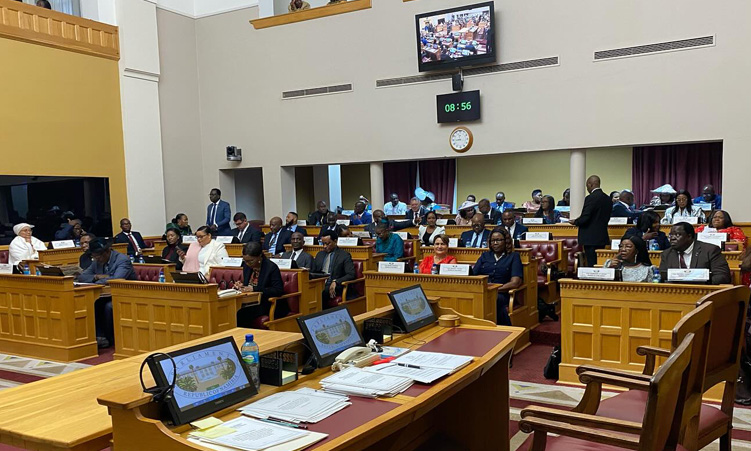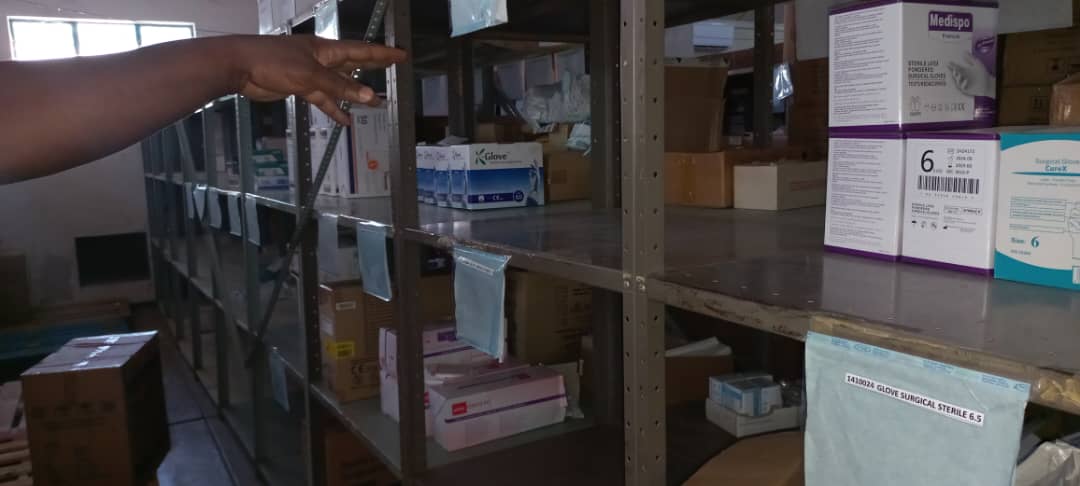CABINET Ministers and Members of Parliament who purchased farms with loans from the Agricultural Bank (The Namibian of 10 August 2005) raise fundamental questions of serious conflict of interest.
According to the Asset Register of Members of Parliament, which was compiled in November 2003, no fewer than 15 MPs obtained financing for the purchase of their farms from the Agribank, probably through the affirmative action loan scheme, or what is now no longer so strangely referred to as “the Very Important Person (VIP) Loan Scheme”. The legislative and policy frameworks to advance these and similar loans by the Agribank are put in place by Parliament and Cabinet.As representatives of the Agribank’s only shareholder – Government – MPs and Cabinet Ministers, especially the Ministers of Agriculture, Lands, and Finance, have immense influence over the policy direction of the Agribank, such as what type of loans should be offered, which category of people should benefit from the loans offered, the interest rates, and what the repayment schedule should be.The MPs are then also the ones who ultimately decide on the budget for the bank.For the very same people to firstly decide on that and then be the principal beneficiaries of its policies and money is a serious conflict of interest.MPs, including Cabinet Ministers and their deputies, must seriously consider the purpose of their public offices and the arduous job that goes with it, which is essentially a calling, nothing less than a dedication of their life (or at least whilst they are in public office) for the greater common good of the people they are serving.If they do not see it in that manner, they should not make themselves available for public office.MPs and their cabinet colleagues already receive above-average salaries and benefits.Why should hardworking taxpayers spend their hard-earned tax contributions to subsidise the expensive farming escapades of parliamentarians, ministers and other well-off “VIPs”, while these VIPs can fend for themselves? If Parliament or Cabinet consider any matter in which some of their members have any personal interests, such members must recuse themselves from the discussions and the voting (in which case, there is a fear that there might never be a quorum, considering the ever-increasing number of such members involved in direct private business dealings with public institutions and public money).Or perhaps they should simply refrain from receiving personal benefits from public resources, lest they be suspected of having designed the access to those resources to suit their needs and not of those they said they are committed to serve – without fear or favour.Norman Tjombe WindhoekThe legislative and policy frameworks to advance these and similar loans by the Agribank are put in place by Parliament and Cabinet.As representatives of the Agribank’s only shareholder – Government – MPs and Cabinet Ministers, especially the Ministers of Agriculture, Lands, and Finance, have immense influence over the policy direction of the Agribank, such as what type of loans should be offered, which category of people should benefit from the loans offered, the interest rates, and what the repayment schedule should be.The MPs are then also the ones who ultimately decide on the budget for the bank.For the very same people to firstly decide on that and then be the principal beneficiaries of its policies and money is a serious conflict of interest.MPs, including Cabinet Ministers and their deputies, must seriously consider the purpose of their public offices and the arduous job that goes with it, which is essentially a calling, nothing less than a dedication of their life (or at least whilst they are in public office) for the greater common good of the people they are serving.If they do not see it in that manner, they should not make themselves available for public office.MPs and their cabinet colleagues already receive above-average salaries and benefits.Why should hardworking taxpayers spend their hard-earned tax contributions to subsidise the expensive farming escapades of parliamentarians, ministers and other well-off “VIPs”, while these VIPs can fend for themselves? If Parliament or Cabinet consider any matter in which some of their members have any personal interests, such members must recuse themselves from the discussions and the voting (in which case, there is a fear that there might never be a quorum, considering the ever-increasing number of such members involved in direct private business dealings with public institutions and public money).Or perhaps they should simply refrain from receiving personal benefits from public resources, lest they be suspected of having designed the access to those resources to suit their needs and not of those they said they are committed to serve – without fear or favour. Norman Tjombe Windhoek
Stay informed with The Namibian – your source for credible journalism. Get in-depth reporting and opinions for
only N$85 a month. Invest in journalism, invest in democracy –
Subscribe Now!










